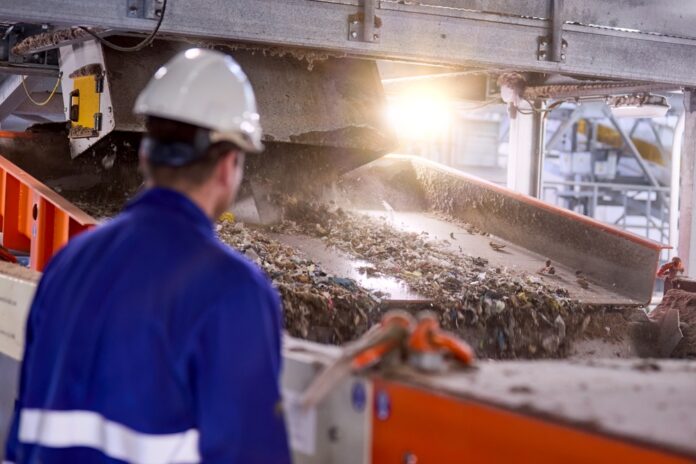The Makati Business Club (MBC) has raised critical concerns about the viability of Waste-to-Energy (WTE) and biomass projects in the Philippines, highlighting unresolved cost, regulatory, and feedstock supply issues that could undermine their inclusion in the upcoming Green Energy Auction (GEA) round.
Despite growing policy interest, the MBC stressed that WTE remains significantly more expensive than landfill disposal—a key factor influencing local government units (LGUs) to stick with traditional waste management practices. The group pointed to persistent regulatory ambiguity and fragmented coordination between national agencies and LGUs as major investment deterrents.
“System-wide improvements in procurement, infrastructure, and governance are essential to reduce risks,” the MBC said in a statement.
A further challenge is the limited and inconsistent waste feedstock available at the LGU level, making many WTE projects unviable unless waste is pooled through regional cooperation. MBC called for clustering LGUs to secure reliable fuel supply for such facilities.
These warnings come ahead of the Department of Energy’s (DOE) plan to include WTE and biomass in its next GEA round, where developers bid for fixed-rate power contracts under a competitive auction scheme.
As of end-April 2025, the DOE reports that WTE and biomass projects account for just 595 MW—only 1.9 percent of total on-grid capacity—making them among the least contributing renewable sources in the country.
The MBC’s comments underscore the need for clearer policies and regional strategies if WTE and biomass are to scale meaningfully under the country’s clean energy transition goals.







